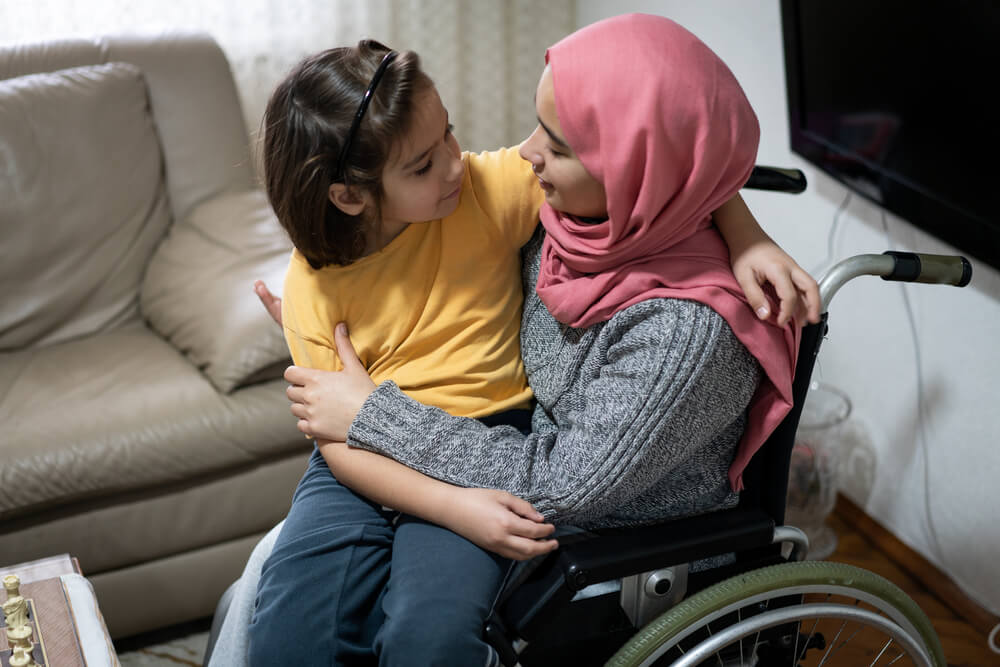
Caring for a young person or adult with ME can be very challenging. It's important that you look after yourself as well as the person you care for.
A carer is any unpaid child, young person or adult who looks after a family member, partner or friend to support them with their illness or disability. You may or may not live with the person you’re caring for.
You can get lots of information, advice and guidance on the support available to carers from Citizens Advice and Carers UK, tailored to England, Scotland, Wales and Northern Ireland.
This can range from practical help to make day-to-day life easier to benefits such as Carer's Allowance.
A young carer is a child or young person up to 18 years old who is caring for a family member.
The Carers Trust helps young carers to cope with their caring role through specialised services delivered by Carers Trust Network Partners across the UK. What's on offer varies from area to area but can include:
ME is a "non-visible" condition, so other people won't necessarily be able to tell how you are feeling, or what you can manage physically and emotionally.
It is also a condition that still faces misunderstanding, so you may need to communicate about your condition to someone who isn't well educated about ME.
It can sometimes be simpler to offer a quick explanation of what ME is, what ME feels like, and how you manage your ME, rather than getting into the complexity of research findings.
The Spoon Theory is a metaphor, created by Christine Miserandino, to help people explain what it's like to live with a chronic condition and how they manage their energy levels. You may have seen reference to 'spoonies' online.
In spoon theory, each spoon equals a unit of energy.
People with a chronic health condition like ME start the day with a limited amount of spoons. The number of spoons a person 'starts with' can very from day to day and person to person.
The idea is that each activity you complete throughout the day uses a different number of spoons.
For example, smaller task for some people like brushing your teeth may only use 1 spoon. Where as a larger task like socialising may use up 5 spoons. These spoons add up quickly and for someone only starting the day with 8 spoons, they are already very close to their limit of activity, risking exacerbating their symptoms.
Spoon theory can therefore be a useful way of explaining to someone how each detail and activity in your day needs to be considered, which is not an easy thing to do.
